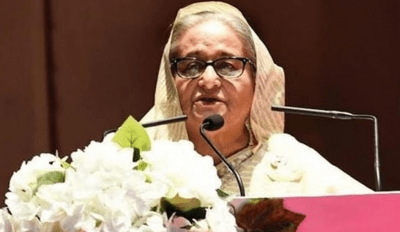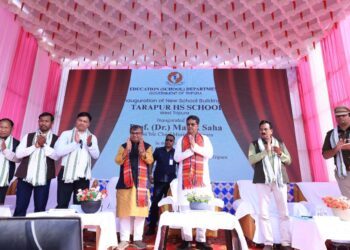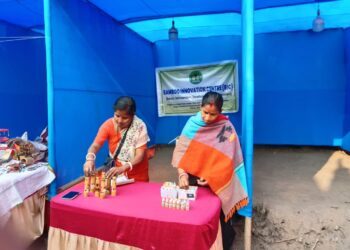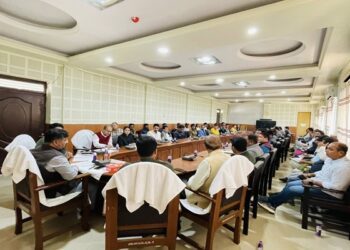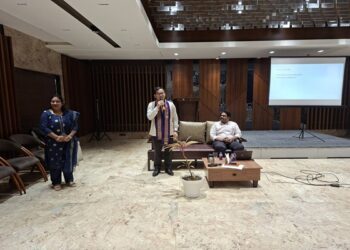New Delhi, Nov 17 — Bangladesh’s interim government has again urged India to extradite former Prime Minister Sheikh Hasina and ex-Home Minister Asaduzzaman Kamal, both sentenced to death for allegedly ordering the killing of protesters during the July 2024 students’ movement. Legal adviser Asif Nazrul said a fresh request would soon be sent to New Delhi.
However, legal experts in India argue that New Delhi has strong grounds to refuse. Aaditya Bhatt of Bhatt and Joshi Associates noted that Section 31 of India’s Extradition Act, 1962, along with Articles 1, 6, and 8 of the India-Bangladesh Extradition Treaty, allows India to decline requests made in politically motivated or unfair circumstances. He said the tribunal proceedings—held in absentia and lacking independent legal representation—raise serious concerns about due process.
Hasina, who remains in India, has dismissed the charges as “politically motivated,” asserting she never ordered security forces to open fire on protesters. She also called the International Crimes Tribunal (ICT) “biased,” a sentiment echoed by Kamal.
Bhatt added that India’s constitutional protections, including Article 21, apply to all persons and require fair procedures before extradition. Meanwhile, Bangladesh remains tense as security forces brace for unrest in Dhaka following the verdict.


